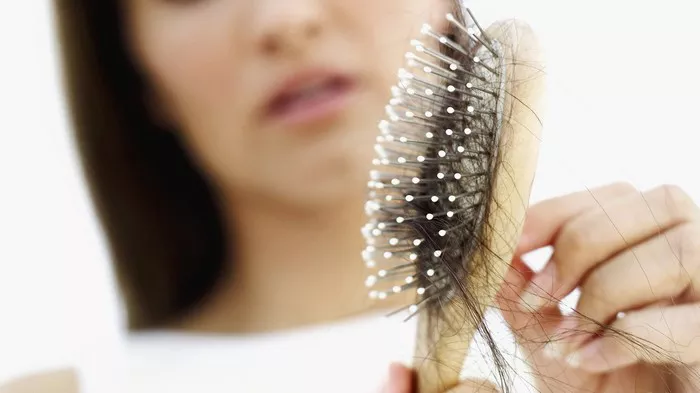The dreaded Sunday night “scaries,” the inescapable mandatory work dinner party, or the agonizing visit to the DMV—all of these experiences can induce a sense of apprehension. However, one of the most distressing moments for many is the realization that their hair is falling out.
While we can’t prevent Monday from eventually arriving, we can’t escape the obligations of maintaining professional relationships or renewing our driver’s license. Nonetheless, there are measures one can take to combat hair loss. To shed light on the causes of hair loss and strategies to alleviate this concern, we had a conversation with Dr. Mary Alice Mina. Dr. Mina, a double-board certified dermatologist and dermatologic surgeon, practices at Baucom & Mina Derm Surgery, LLC in Atlanta, Georgia, and is also the host of THE SKIN REAL podcast.
The Complexity of Hair Loss
Hair loss is a complex issue with multiple underlying causes. Dr. Mina emphasizes, “There are many conditions that can cause hair loss, so the reason for someone’s hair loss can be complicated and not always obvious.” She highlights the essential steps that individuals experiencing hair loss should consider: “First things first, an in-person evaluation by your dermatologist will be helpful to assess whether you have actual hair loss vs. hair breakage. Next, a thorough medical history needs to be taken, including current medications and any significant stressors in the past six months, such as a baby, divorce, a new job, or a move.”
Moreover, identifying the type of hair loss is crucial. Dr. Mina underlines, “Some hair loss is non-scarring, meaning that it will come back, but some hair loss is scarring, and it’s very important to act quickly on these to maintain as much hair as possible.”
Understanding Excessive Hair Shedding
For individuals who notice an increased amount of hair on their hairbrush or pillow, the concern might be hair loss or excessive shedding. The American Academy of Dermatology Association distinguishes between the two.
Excessive shedding, medically termed “telogen effluvium,” often occurs after a stressor such as childbirth, a major illness, weight loss, or surgery. Fortunately, this condition usually resolves on its own after about six to nine months.
On the other hand, hair loss that prevents new growth, known as “anagen effluvium,” can result from genetics, immune system issues, certain medications, or specific hair products. It is crucial to consult a physician who can accurately diagnose the type of hair loss for the most effective treatment.
Treatment Options
Addressing hair loss necessitates an understanding of its root causes. Dr. Mina clarifies, “The treatment for hair loss depends on the cause. Sometimes a hair pull test is required to look at the hair follicles that are coming out, versus a biopsy or even blood work.”
Common treatments for hair loss encompass:
- Topical Minoxidil (Rogaine)
- Platelet-rich plasma (plasma is separated from other parts of your blood and injected into the scalp)
- Laser therapy
- Corticosteroid injections
- A hair transplant
While dread might be an inevitable part of life, hair loss is a concern that can be addressed and treated.


